Hey guys,
We have (3) MWM biogas engines at our plant all with same issue. Failing rubber parts in the glycol system. It’s closed loop about 40PSI 180F propylene glycol 40% mixed with deionized water
Engines are about 5 years old with 24,000hours. This problem is costing a large amount of money due to difficulty getting to the O-rings
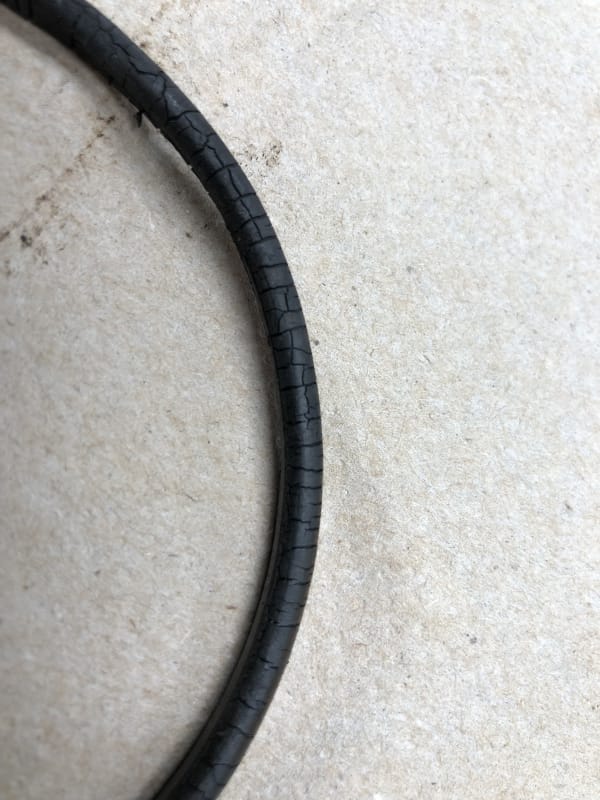
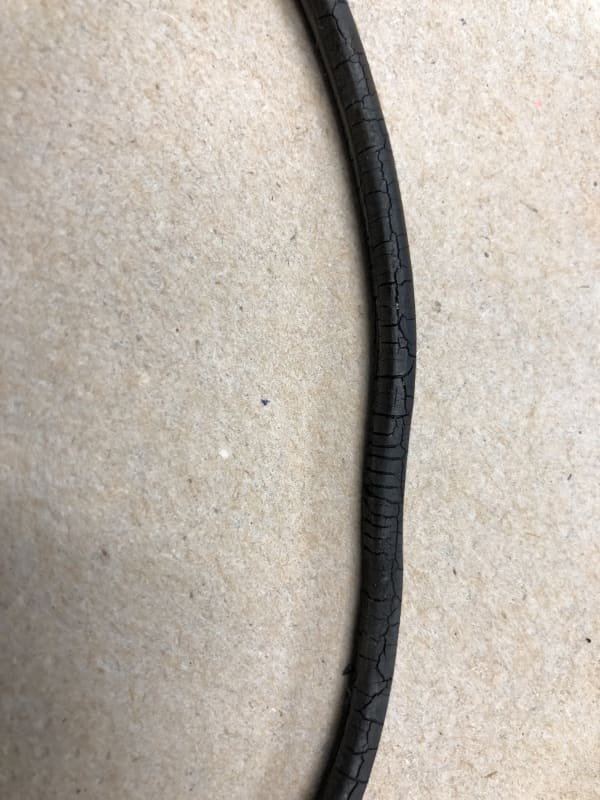
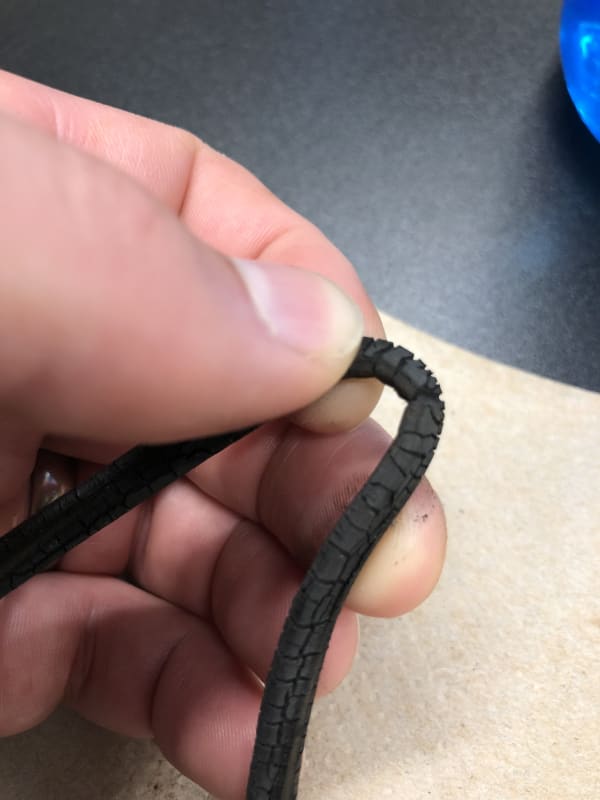
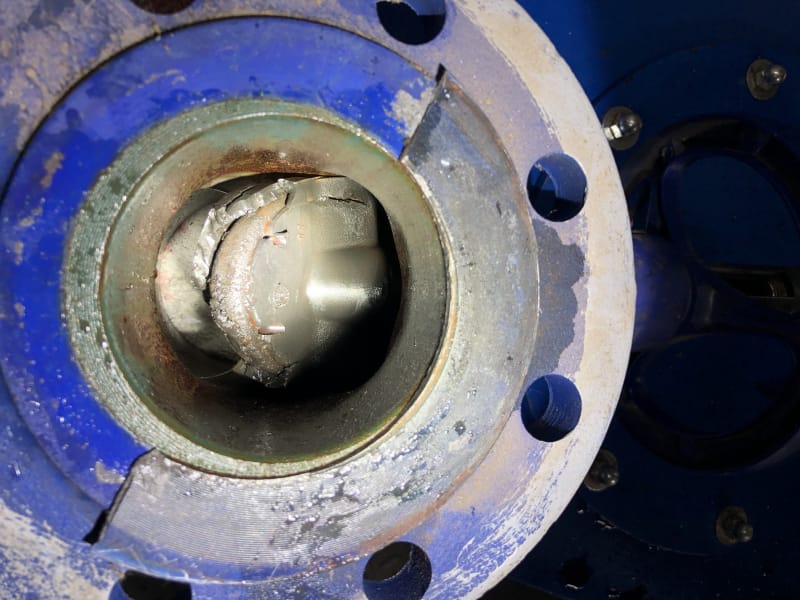
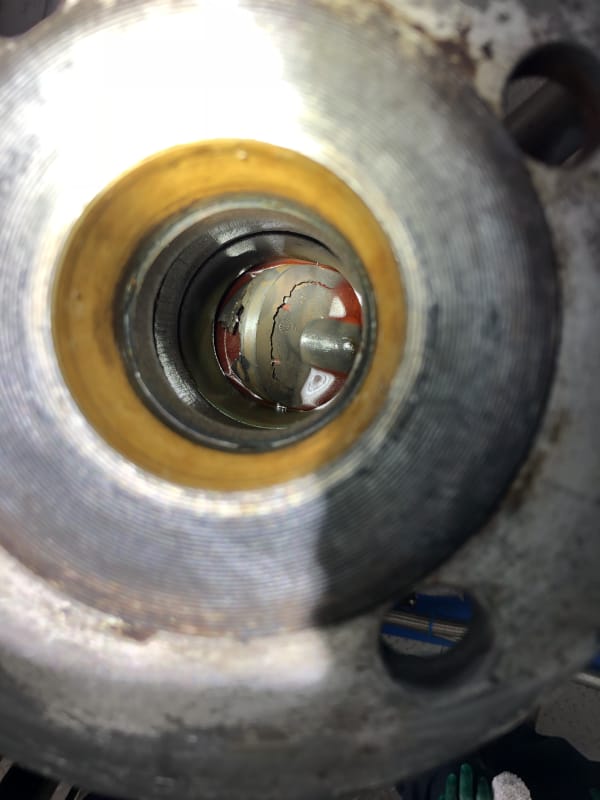
Above are pics of typical cylinder liner O-rings and shutoff valves around the pumps. We had some other O-rings around the system with same look
Any ideas what could cause this?
We tested glycol recently at 8.5pH which is good per manufacturer specs. It is approved glycol for the engine.
We do not know what the seals are made from as MWM does not publish that
We have (3) MWM biogas engines at our plant all with same issue. Failing rubber parts in the glycol system. It’s closed loop about 40PSI 180F propylene glycol 40% mixed with deionized water
Engines are about 5 years old with 24,000hours. This problem is costing a large amount of money due to difficulty getting to the O-rings





Above are pics of typical cylinder liner O-rings and shutoff valves around the pumps. We had some other O-rings around the system with same look
Any ideas what could cause this?
We tested glycol recently at 8.5pH which is good per manufacturer specs. It is approved glycol for the engine.
We do not know what the seals are made from as MWM does not publish that

![[bigsmile] [bigsmile] [bigsmile]](/data/assets/smilies/bigsmile.gif) .
.